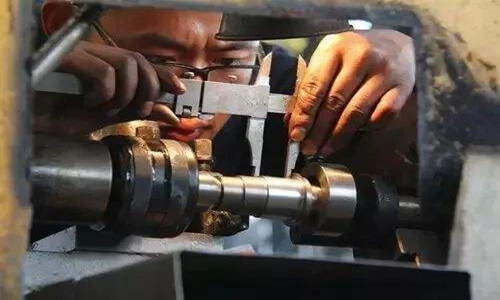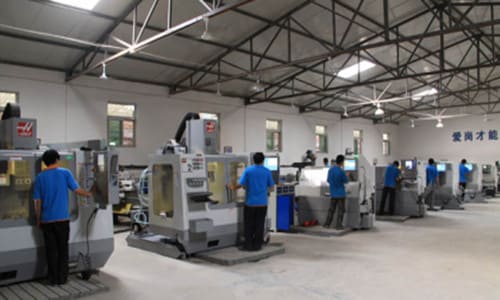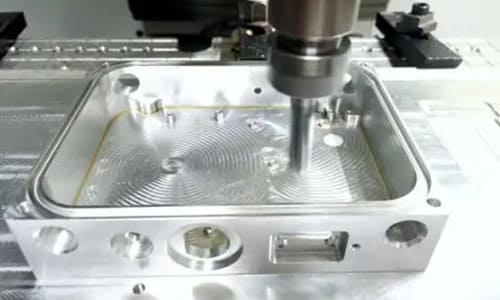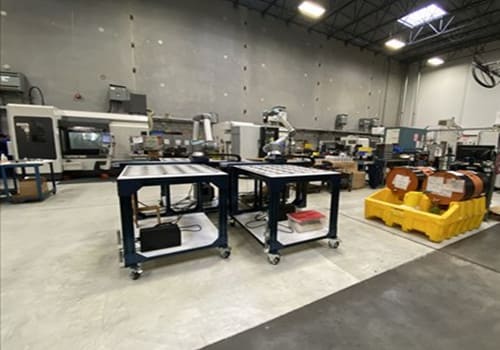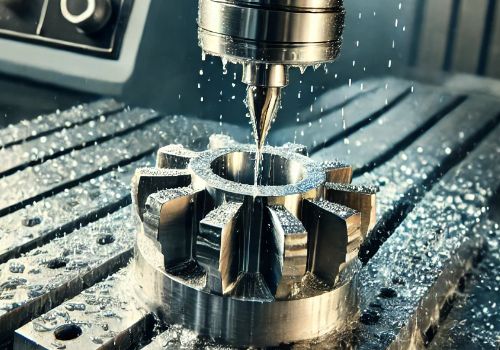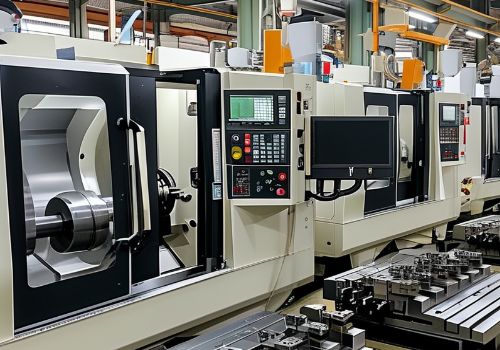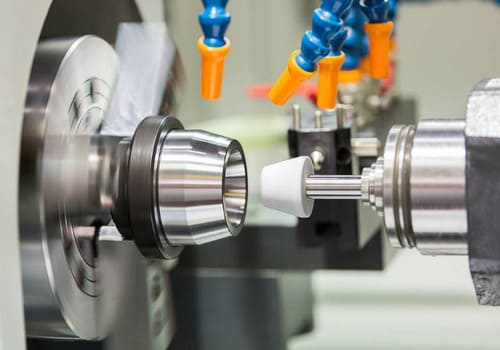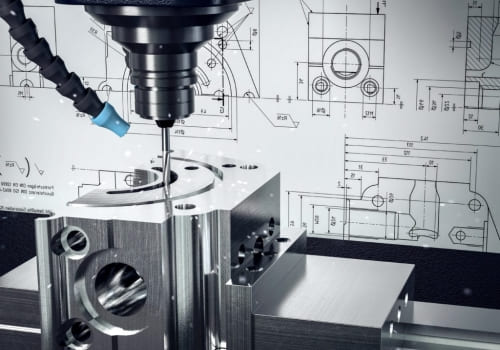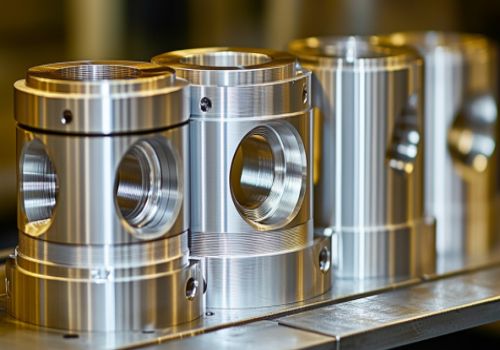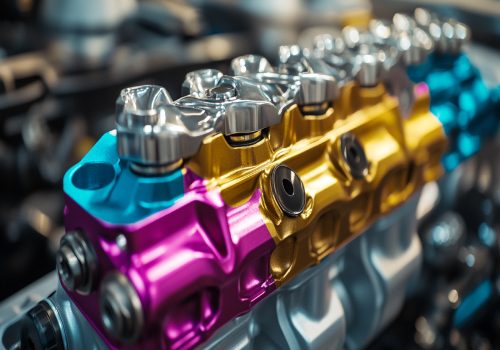This question is of great challenge and practical significance for new entrants to the machining industry. The following is my opinion based on my personal experience and understanding. I personally think it is very important to do the following.
1. Good machining technology ability
When we got a machining drawing of a mechanical part, we must quickly work out the machining process of this drawing in our mind. We must have basic judgments from machining equipment, cutting tools, fixtures, inspection tools, and machining costs. These judgments must be accurate judgments based on your profession, ability and experience.
In order to exercise a good process ability, in addition to being familiar with the machining technology knowledge, you must also have a good understanding of the products assembled by machined parts, because the machining requirements of a part must be formulated based on the assembly requirements of a product, many young design engineers do not have such comprehensive awareness when doing part design, so a good machining engineer must not only define a reasonable part machining technology for the product, but also have the ability and awareness to correct and improve design deviations. To optimize the product manufacturing process from the aspects of reasonable structural design of parts, reliability of material selection, accuracy of form and position tolerances, and minimization of manufacturing costs, this is actually the greatest value of machining process engineers.
2. Familiar with the machiningequipment in your workshop
You must be familiar with the machining capabilities of various processing equipment in your workshop, the machining range, and what machining accuracy they can achieve.
A. Machining capacity, what kind of machining equipment does your workshop have? For example, turning, milling, planing, grinding, boring, drilling and other machine tools, what kind of machining procedures are suitable for them. When you got a drawing, you can quickly confirm the machining process of this part, and what kind of equipment is needed to complete the machining process, and then compare the existing equipment in your workshop to make a machining ability judgment, this is a qualified machining process engineer must have the ability. At the same time, if there is no corresponding machining equipment to complete the machining of this part, we should consider whether it is possible to do some special tooling or cutting tools to expand the machining range of existing equipment, which is also a very challenging task for a good process engineer.
B. The machining range mainly refers to the machining schedule of the machining equipment in your workshop, because although many types of equipment are the same, their specifications are different. The equipment with large specifications naturally has a larger machining When you got a drawing, you must quickly determine whether the machining equipment in your workshop is capable of machining according to the overall dimensions of the drawing. Let ’s not discuss the accuracy of the process first, we must first confirm that the machining travels must cover the size of the part. In fact, as far as the machining range is concerned, we can still achieve some over-equipment travels by means of tooling, secondary clamping, and position by base plane. The key is to have bold innovation and breakthrough in the machining technology of parts.
C. Machining accuracy. You must have a good understanding of the machining accuracy of the machiningequipment in your workshop. What kind of equipment can achieve what kind of machining accuracy, especially according to the requirements of the drawing to achieve the corresponding machining accuracy. This is very important. Otherwise, you will not be able to complete the customer’s acceptance of your machining If the machining accuracy of the machine tool has deviations, experienced machining process engineers can adjust the clamping method of the workpiece according to the deviation rule of the machining accuracy of the machine tool, and machining by steps and multiple inspections to achieve effective machining of parts. Of course, this machining method is a last resort under special circumstances. For equipment with accuracy deviation, timely repair and maintenance is the king. But a good machining process engineer must be flexible. They are always the cornerstone and confidence of the part machining process.
3. Machining tool
What kind of cutting tool is used for machining of what material, what machining speed and feed speed are equipped, and whether cooling is required. At the same time, for the roughing, semi-finishing and finishing processes, the corresponding tools and machining parameters must be changed. It is necessary to ensure the machining quality and efficiency, while also taking into account the machining costs, because this is always a business behavior and unprofitable operation are unethical. The choice of tool is very important, because it is closely related to the manufacturing cost of the part. A good tool can not only improve the machining quality and efficiency of the part, but also effectively guarantee the stability and durability, while effectively guaranteeing the production cycle of parts. The reasonable selection of tools is the basic skill of a machining process engineer, because only after a large number of tool experiments and machining accumulation can they form their own experience.
4. Machining fixture
According to the shape and machining accuracy requirements of parts, designing general or special machining fixtures is an essential skill for every machining process engineer. A good fixture can not only improve the machining efficiency, accuracy of parts, it can also expand the machining range of machine tools and equipment, and also reduce machining cost. With the progress of science and technology, especially the rapid development of electrical control technology, the current fixtures have gradually moved towards automation. Combining the design of pneumatic and hydraulic systems, through the use of electrical components, a set of professional automation fixtures has become a standard accessories of modern machining processes, especially mass production products, also need a large number of applications of automated fixtures. This not only greatly improves the clamping efficiency of workers, but also greatly reduces the labor intensity of workers and improves the working environment, improves the safety of operation, and at the same time, it has a great guarantee for machined parts quality.
5. Machining inspection tools
Many people think that the completion of a workpiece means the completion of the work. In fact, this is a big mistake. Each part and each machining process must be equipped with corresponding inspection methods and tools, so as to ensure the machining quality of the parts. And at the end do a comprehensive quality test. According to the size and shape tolerance requirements of the part, roughness standards, etc., a comprehensive quality evaluation is performed on the part. Only after completing these procedures can we say that the machining of a part is complete. A good machining process engineer must have a general understanding and familiarity with the specifications, processes, and inspections tools of part quality inspection. Only in this way can the targeted process of parts be formulated and qualified products produced.
6. Control the cost of part machining
A good machining process engineer can not only complete the machining of various parts perfectly, but also minimize the cost of the entire machining process. The greatest value of any powerful machining process engineer is the control of the machining cost of parts. In today’s market-driven economy, cost and quality have become a double-edged sword for enterprises, and based on cost controllable processing quality is effective processing quality.
Of course, to be a good machining process engineer, there are many other abilities that need to be cultivated and exercised, such as communication skills, collaboration skills, etc.
CNC machining service is the core business of DO Machining, from protptyes to bulk production, our professional 3/4/5 aixs CNC machining centers, CNC turning equipments, CNC turning-milling equipments, CNC grinding machines etc., are operated by well trained manufacturing engineers to meet the demands from global 1000+ customers in 30+ industries.
CNC Machining can be done starting with blanks produced from standard bar stock or one of DO Machining other manufacturing processes.
Contact us to see how we can provide overall value to your CNC machining needs.

